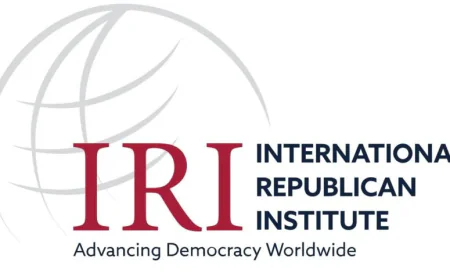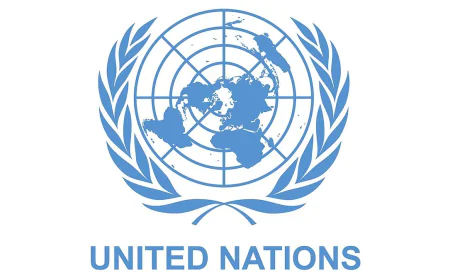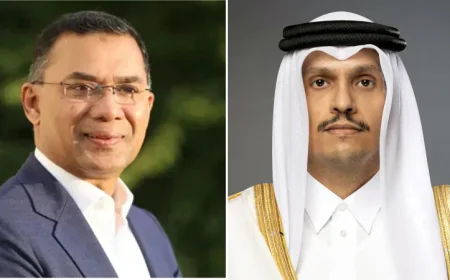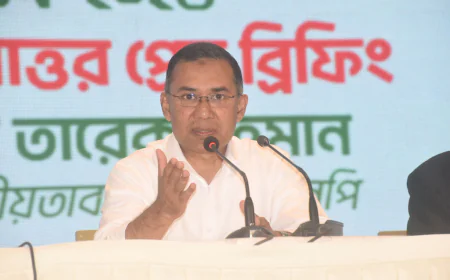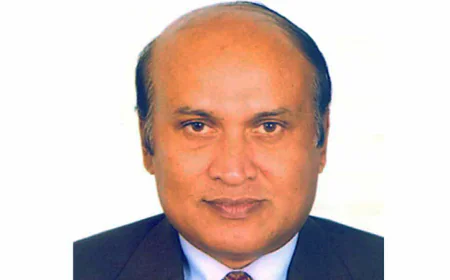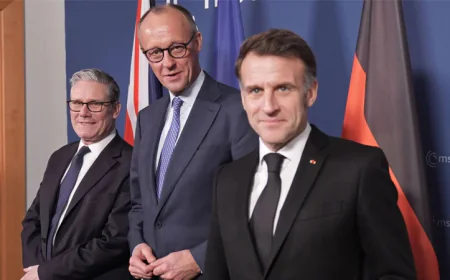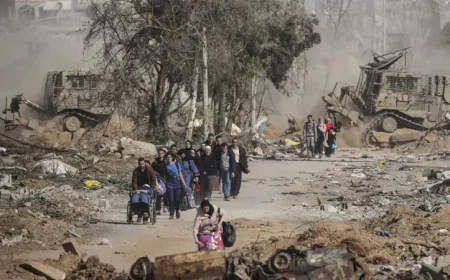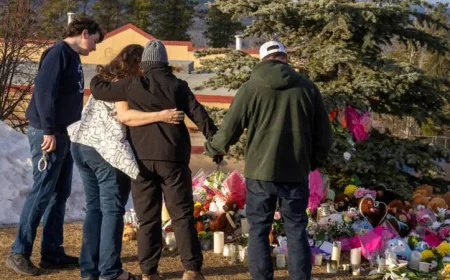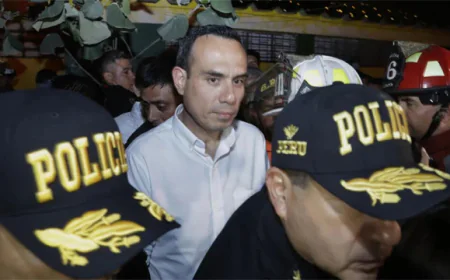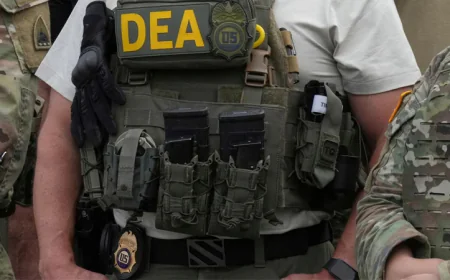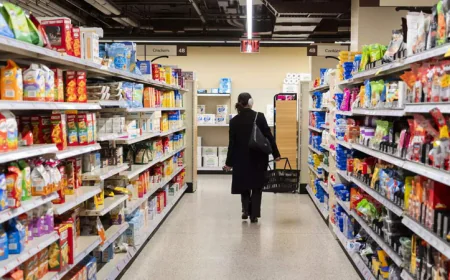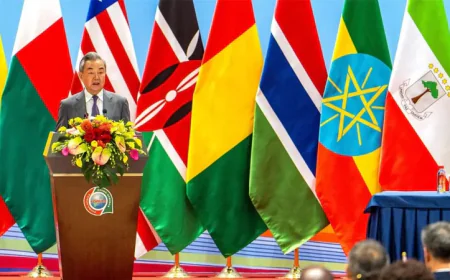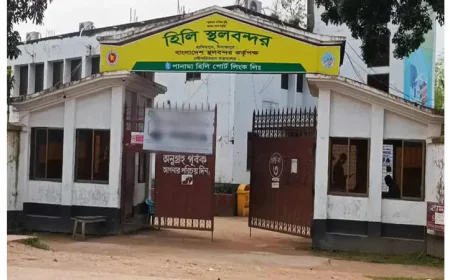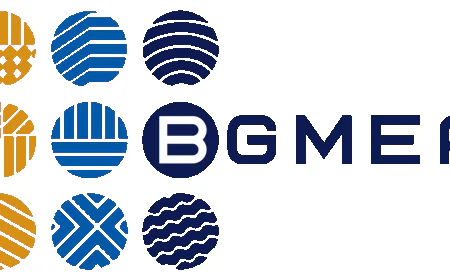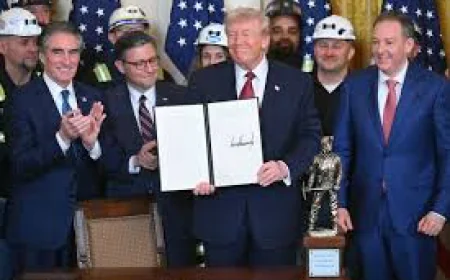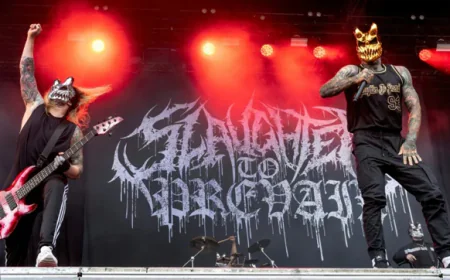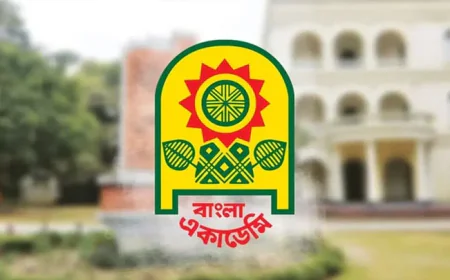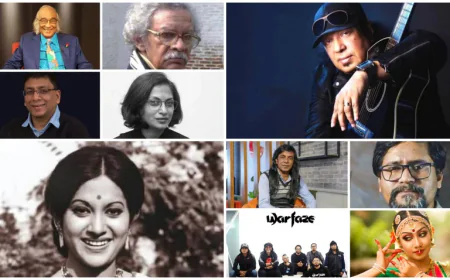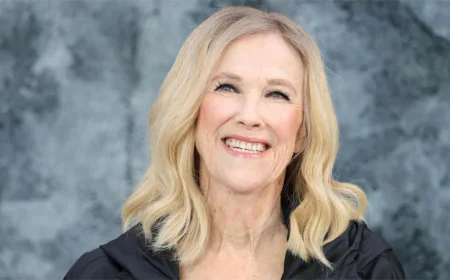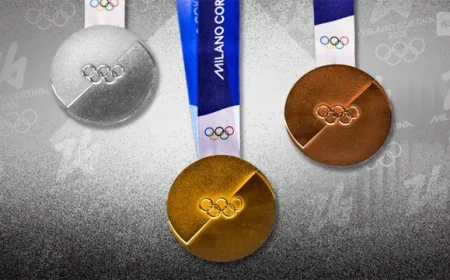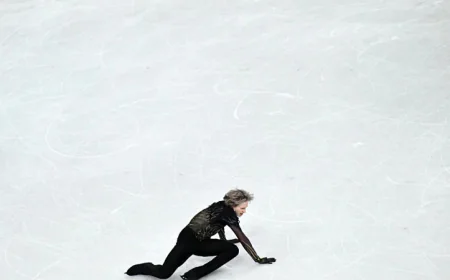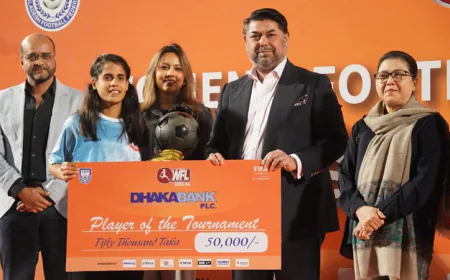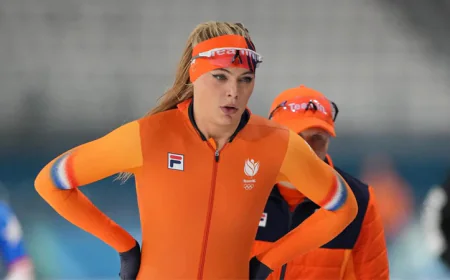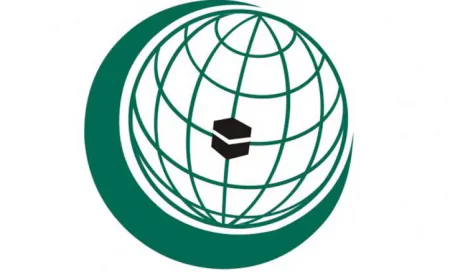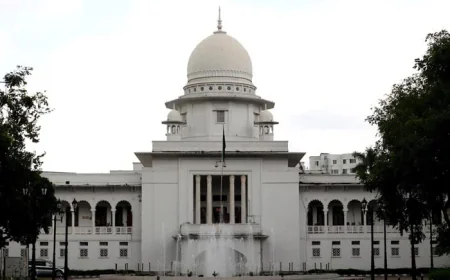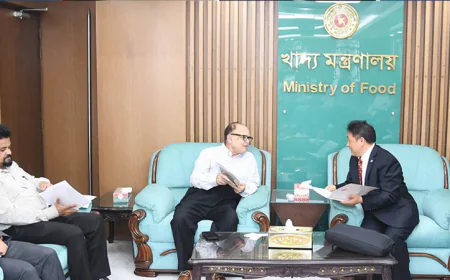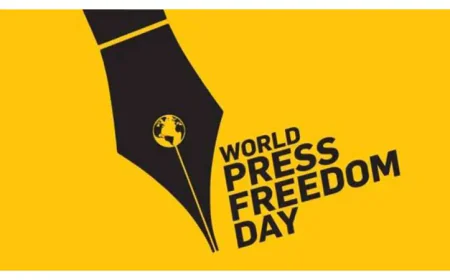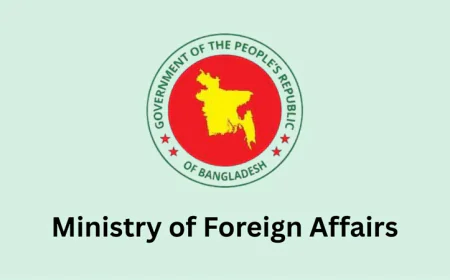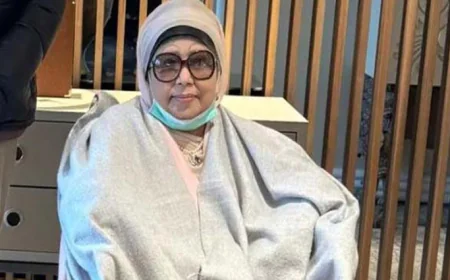Supreme Court Revokes High Court Ruling on Job Quotas; 19 More Killed in Ongoing Unrest
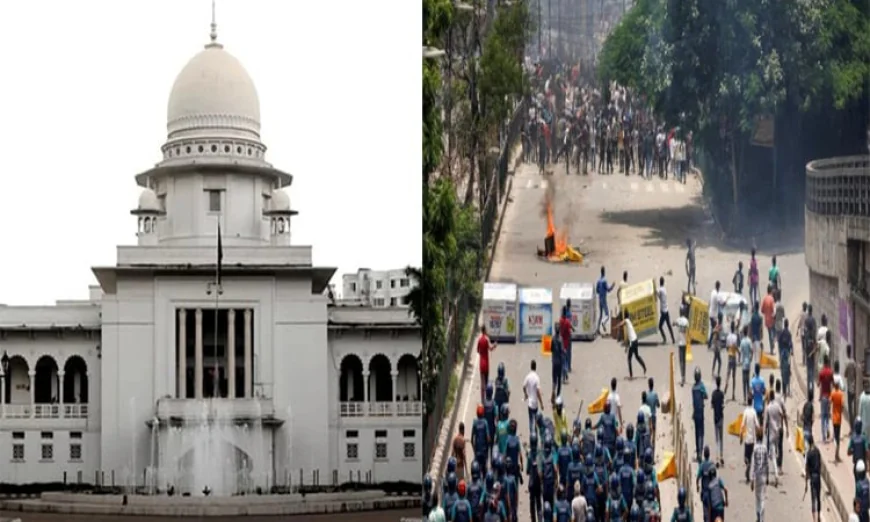
At least 19 more people were killed across the country on July 21 last year as protests continued for the second day amid the nationwide curfew while the Appellate Division of the Supreme Court (SC) revoked the High Court (HC) verdict regarding quota in public jobs. The apex court nullified the HC court order issued on June 5 last year that declared a 2018 government circular abolishing quotas in first and second class government jobs illegal, triggering the student movement for quota reform. The Appellate Division pronounced the verdict around 1pm on July 21, fixing 93 percent public service recruitment based on merit and five percent for freedom fighters' descendants, one percent for ethnic minorities and one percent for persons with disabilities and third-gender. The apex court also authorized the government to adjust quota percentages if needed and directed the issuance of a formal gazette notification accordingly.
In an immediate reaction, the anti-discrimination student movement leaders welcomed the SC court verdict. Sarjis Alam, a key coordinator of the quota reform movement, said that students accepted the verdict positively but the final authority was lying with the executive branch. Following the verdict, the movement leaders called off their 'complete shutdown' programme and issued a 48-hour ultimatum for withdrawing the curfew. They also urged the concerned authorities to reopen universities and residential halls. Besides, the protesters declared a symbolic gayebana janaza on July 22 for the people killed during the movement and to press home for their pre-declared demands. However, a faction of the anti-discrimination student movement, citing their pre-declared 'nine-point demand' announced that their complete shutdown would continue until their demands are met. According to a Dhaka based Bangla daily- Prothom Alo- 19 more people were killed and scores injured across the country in clashes between the law enforcers and protesters on July 21. Of them, 10 people died at Dhaka Medical College Hospital, four in Narsingdi, two in Gazipur and one each in Narayanganj, Savar and Chattogram.
However, Dhaka Medical College Hospital authorities stopped releasing updates to the media on deaths from July 21 evening. Of the total deceased, three in Dhaka, two in Gazipur and one each in Savar and Chattogram succumbed to their injuries while undergoing treatment. Despite the curfew, clashes were reported in Dhaka's Badda, Jatrabari, Kuril and Mirpur areas between demonstrators and law enforcement personnel. Besides, the entire country was facing an internet blackout for the fourth consecutive day, paralyzing daily life across the country. Earlier, the government declared a two-day holiday on July 21 and 22. In a circular on July 21, the Public Service Commission (PSC) announced the suspension of all its scheduled examinations until July 31. In the early hours of July 21, Nahid Islam, a key coordinator of the movement, was found injured in the city's Purbachal area and later admitted to a city hospital. He was allegedly "tortured physically" after he was picked up at midnight on July 19. On July 21, the then home minister Asaduzzaman Khan Kamal said that the curfew would remain in effect on July 22, but it would be relaxed from 2pm to 5pm while his ministry along with district administrators in Dhaka, Gazipur and Narayanganj would assess the situation and determine curfew time accordingly.
Earlier, the government imposed the curfew from midnight on July 19, allowing 'shoot-on-sight' policy to contain the movement. However, the government was carrying out a combing drive to arrest the people, especially the opposition parties' leaders accusing them of carrying out violence. According to the Prothom Alo at least 550 people, including nearly 200 from Dhaka alone, were arrested in the past five days until July 21. In connection with separate incidents of vandalism at the Bridge Division headquarters and arson attack at the BTV headquarters, BNP leaders Amir Khasru Mahmud Chowdhury, Nipun Roy and Gono Odhikar Parishad leader Nurul Haque Nur were placed on a five-day remand on July 21. On the same day, 33 eminent citizens asked the government to seek unconditional apology to the citizens for all the deaths during the movement since July 16. In a statement, they also urged the law enforcers to deal with the protesters cautiously and non-violently. Besides, UN Human Rights Chief Volker Turk, the European Union (EU) and the United Kingdom expressed deep concern over the violence across the country on the day. Noting that attacks on protesters were shocking and unacceptable, Turk called for an impartial investigation into the attacks and bringing the responsible people under accountability.
